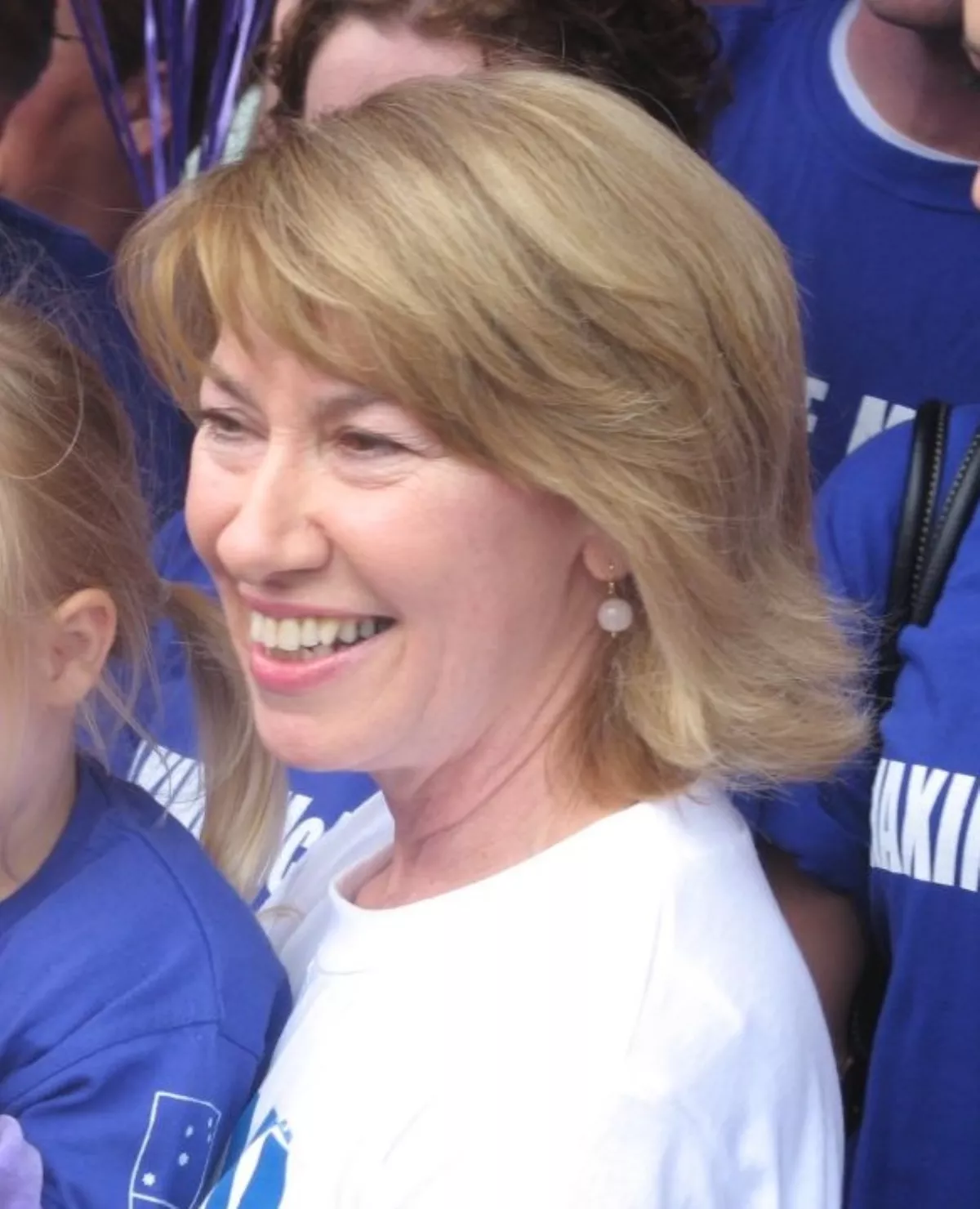 1.
1. Maxine Margaret McKew was born on 22 July 1953 and is an Australian former Labor politician and journalist; she was the Parliamentary Secretary for Infrastructure, Transport, Regional Development and Local Government in the First Rudd Ministry and the First Gillard Ministry.